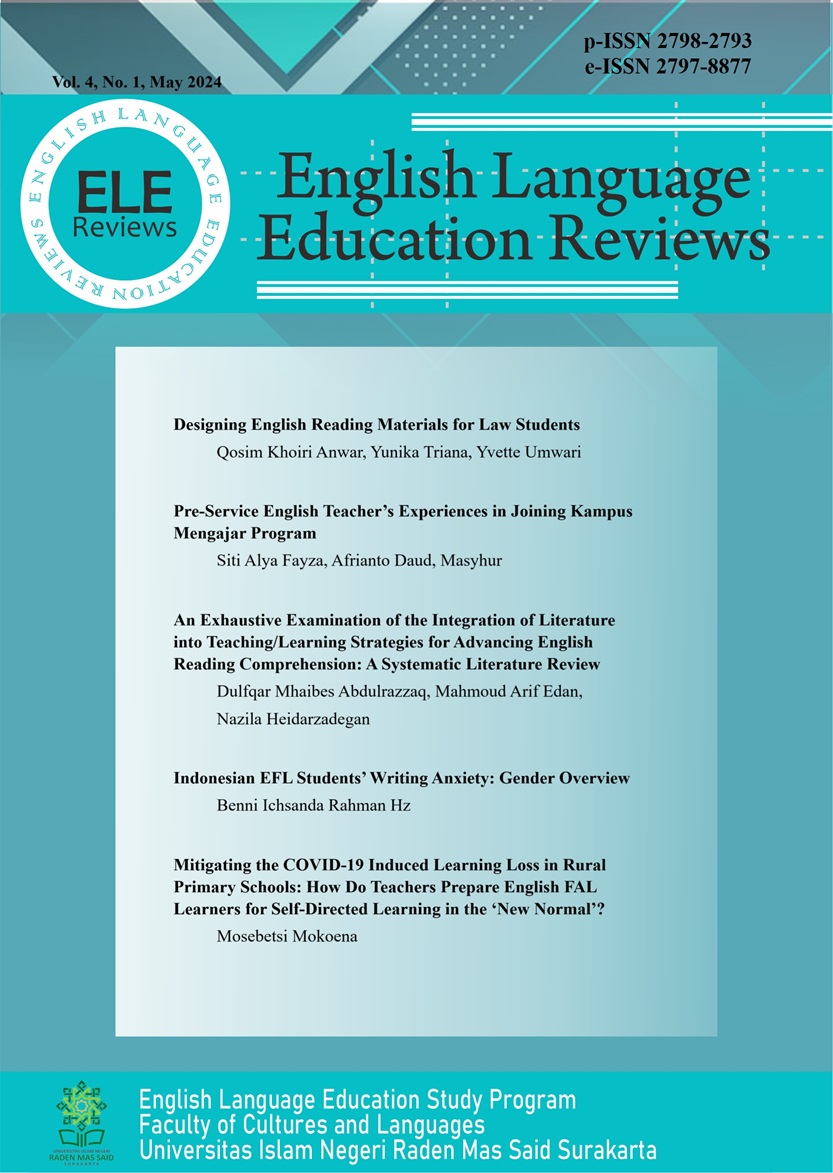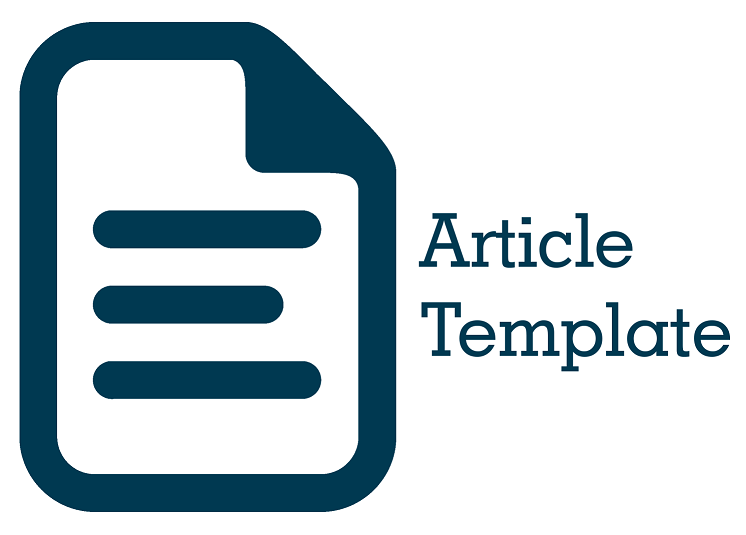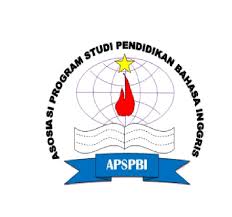Pre-Service English Teachers’ Experiences in Joining Kampus Mengajar Program
DOI:
https://doi.org/10.22515/elereviews.v4i1.7544Keywords:
Kampus Mengajar, English education, pre-service teachersAbstract
Kampus Mengajar is part of Merdeka Belajar-Kampus Merdeka (MBKM) initiatives introduced by the Minister of Education and Culture of the Republic of Indonesia in early 2020. The objective is to enhance the quality of university graduates, enabling them to thrive in the era of the Industrial Revolution 4.0 and Society 5.0. Additionally, the program aims to elevate the professionalism of students aspiring to become teachers. The aim of this research was to explore the experiences of pre-service English teachers in joining this program. This study employed a qualitative method with a narrative approach. Eight students of the English Education Study Program at a university in Indonesia participated in Kampus Mengajar were interviewed. They were selected using a purposive sampling technique. The data were collected through interviews and documentation. The analysis of the data resulted in the identification of four themes. These themes encompassed the motivation for participating in Kampus Mengajar program, the various types of activities undertaken, the lessons gained from teaching and non-teaching activities, and the skills that were improved throughout the program. Based on the results of this study, the participants shared remarkably similar experiences aiming to enhance their skills as university graduates and prospective teachers.
Downloads
References
Arikunto, S. (2010). Prosedur penelitian: Suatu pendekatan praktik. Rineka Cipta.
Creswell, J. W. (2009). Research design: Qualitative, quantitative and mix methods approaches (3rd ed.). SAGE Publications, Inc.
Direktorat Jendral Pendidikan Tinggi, Riset, dan Teknologi. (2020). Buku panduan Merdeka Belajar: Kampus Merdeka. Kementerian Pendidikan, Kebudayaan, Riset, dan Teknologi. https://dikti.kemdikbud.go.id/pengumuman/buku-panduan-merdeka-belajar-kampus-merdeka/
Doyle, S. (2007). Member checking with older women: A framework for negotiating meaning. Health Care for Women International, 28(10), 888-908. https://doi.org/10.1080/07399330701615325
Fathurrohman, M. (2015). Paradigma pembelajaran Kurikulum 2013: Strategi alternatif pembelajaran di era global. Kalimedia.
Fizriyani, W. (2020). Lulusan perguruan tinggi dominasi pengangguran di Indonesia. Republika. https://news.republika.co.id/berita/qilkmw384/lulusan-perguruan-tinggi-dominasi-pengangguran-di-indonesia?
Hatmanto, E. D. (2020). Guidebook: Preparation of an OBE Curriculum oriented to Merdeka Belajar-Kampus Merdeka. Universitas Muhammadiyah Yogyakarta.
Hazzan, O., & Lapidot, T. (2014). The practicum in computer science education: Bridging gaps between theoretical knowledge and actual performance. 36(4), 47-51. https://doi.org/10.1145/1044550.1041655
Heriyanto, H. (2018). Thematic analysis sebagai metode menganalisa data untuk penelitian kualitatif. ANUVA: Jurnal Kajian Budaya, Perpustakaan, dan Informasi, 2(3), 317-324. https://doi.org/10.14710/anuva.2.3.317-324
Iriawan, S. B., & Saefudin, A. (2021). Buku saku utama aktivitas mahasiswa program kampus mengajar 2021. Kementerian Pendidikan dan Kebudayaan.
James, S., & Kimberly, A. (2011). Educational research: The interrelationship of questions, sampling, design, and analysis. Wiley.
Junaidi, A. (2020). Panduan penyusunan kurikulum pendidikan tinggi di era industri 4.0 untuk mendukung Merdeka Belajar - Kampus Merdeka. Kementerian Pendidikan, Kebudayaan, Riset, dan Teknologi. https://repositori.kemdikbud.go.id/22628/
Kallio, H., Pietilä, A. M., Johnson, M., & Docent, M. K. (2016). Systematic methodological review: Developing a framework for a qualitative semi-structured interview guide. Journal of Advanced Nursing, 72(12), 2954-2965. https://doi.org/10.1111/jan.13031
Kemdikbud. (2021). Panduan program Kampus Mengajar. Kementerian Pendidikan dan Kebudayaan.
Kolb, D. (1984). Experiential learning: Experience as the source of learning and development. Prentice-Hall.
Kusuma, R. A. (2022). Teaching English experience perceived by apprentice teacher in Kampus Mengajar program at SDN 03 Wanamulya 2021: A phenomenological study. Universitas Muhammadiyah Surakarta. http://eprints.ums.ac.id/99093/11/%28NASKAH PUBLIKASI%29.pdf
La Ede, M. A. H., Maulina, M., & Faridawati, F. (2022). EFL pre-service teachers’ perception in managing the learning process during Kampus Mengajar program. Klasikal: Journal of Education, Language Teaching and Science, 4(1), 81-95. https://doi.org/10.52208/klasikal.v4i1.133
Majid, A., & Rochman, C. (2014). Pendekatan ilmiah dalam implementasi Kurikulum 2013. Remaja Rosdakarya.
Mathers, N., Fox, N. J., & Hunn, A. (2000). Using interviews in a research project. Research Approaches in Primary Care (pp.113-134). Radcliffe Medical Press/Trent Focus.
Mertova, P., & Webster, L. (2019). Using narrative inquiry as a research method (2nd ed.). Routledge. https://doi.org/10.4324/9780429424533
Priatmoko, S., & Dzakiyyah, N. I. (2020). Relevansi Kampus Merdeka terhadap kompetensi guru era 4.0 dalam perspektif experiential learning theory. At-Thullab Jurnal Pendidikan Guru Madrasah Ibtidaiyah, 4(1), 1-15. https://doi.org/10.30736/atl.v4i1.120
Rosita, D. A., & Damayanti, R. (2021). Pelaksanaan program kampus mengajar perintis pada sekolah dasar terdampak pandemi COVID-19. Prima Magistra: Jurnal Ilmiah Kependidikan, 2(1), 42-49. https://doi.org/10.37478/jpm.v2i1.852
Setiawan, F., & Sukamto, S. (2021). The implementation of Pioneer Teaching Campus (PTC) as a forerunner of literacy and numeracy learning movement at elementary school. Primary: Jurnal Pendidikan Guru Sekolah Dasar, 10(2), 339-345. https://doi.org/doi.org/10.33578/jpfkip.v10i2.8251
Siregar, Y. B. (2020). Penerapan Outcome-Based Education dan permasalahannya. Sekolah Tinggi Ilmu Komunikasi Dan Sekretari Tarakanita.
Sjahrifa, C. (2019). Pelatihan leadership and coaching untuk meningkatkan kemampuan para calon pengajar muda dalam program Indonesia Mengajar. JSCD Journal of Sustainable Community Development, 1(1), 18-23. https://doi.org/10.32924/jscd.v1i1.3
Sumani, S., Asroful, K., Purnomosasi, L. K. D., & Prasasti, P. A. T. (2022). The impact of “Kampus Mengajar MBKM program” on students’ social skills. Pegem Journal of Education and Instruction, 12(3), 220-225. https://doi.org/10.47750/pegegog.12.03.23
Surya, P. (2012). Teachers’ academic qualification on Indonesia teaching program (Indonesia Mengajar): Are they holds the bachelor’s degree in education? In Proceeding of the 1st International Conference on Current Issues in Education (pp. 155-159). Graduate School Yogyakarta State University.
Susilawati, N. (2021). Merdeka Belajar dan Kampus Merdeka dalam pandangan filsafat pendidikan humanisme. Jurnal Sikola: Jurnal Kajian Pendidikan Dan Pembelajaran, 2(3), 203-219. https://doi.org/10.24036/sikola.v2i3.108
Tampubolon, M. M., Insan, H. N., & Napitupulu, N. F. (2022). Student’s experience in the implementation of Kampus Mengajar 2 (KM2). International Journal of Health Science and Technology, 4(1), 16-22. https://doi.org/10.31101/ijhst.v4i1.2351
Widyanuratikah, I. (2020). Istilah Merdeka Belajar terinspirasi dari Ki Hajar Dewantara. Republika. https://www.republika.co.id/berita/qdfoe3384/istilah-merdeka-belajar-terinspirasi-dari-ki-hajar-dewantara
Yuliati, K. (2022). Kemendikbudristek buka peluang 15.000 mahasiswa ikut Kampus Mengajar. ANTARA: Kantor Berita Indonesia. https://www.antaranews.com/berita/2902709/kemendikbudristek-buka-peluang-15000-mahasiswa-ikut-kampus-mengajar
Zulkarnaen, & Handoyo, A. D. (2019). Faktor-faktor penyebab pendidikan tidak merata di Indonesia. In C. P. Bhakti (Ed.), Prosiding Seminar Nasional: Menjadi Mahasiswa yang Unggul di Era Industri 4.0 dan Society 5.0 (pp. 20-24). UAD Press. https://bimawa.uad.ac.id/wp-content/uploads/Paper-Seminar-Nasional-2.pdf
Downloads
Published
How to Cite
Issue
Section
Citation Check
License
Copyright (c) 2024 Siti Alya Fayza, Afrianto Daud, Masyhur

This work is licensed under a Creative Commons Attribution-NonCommercial 4.0 International License.
Authors retain copyright and grant the journal right of first publication with the work simultaneously licensed under a Creative Commons Attribution License that allows others to share the work with an acknowledgement of the work's authorship and initial publication in this journal.
This ejournal system and its contents are licensed under
a Creative Commons Attribution-NonCommercial 4.0 International License








